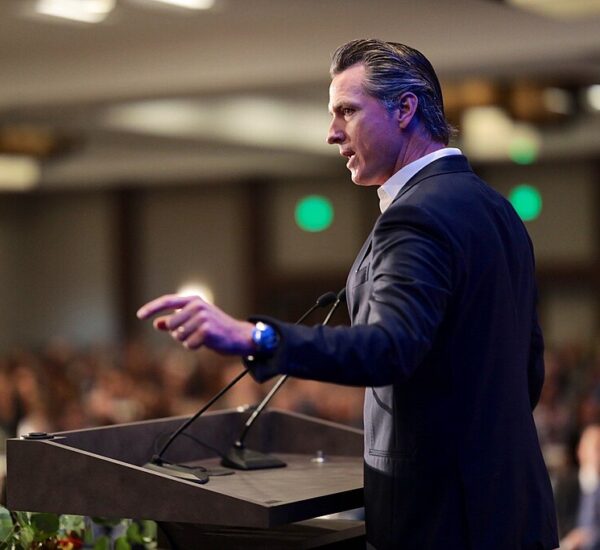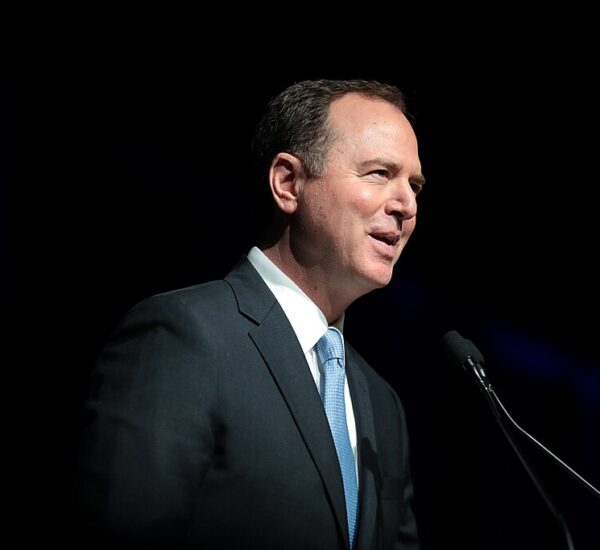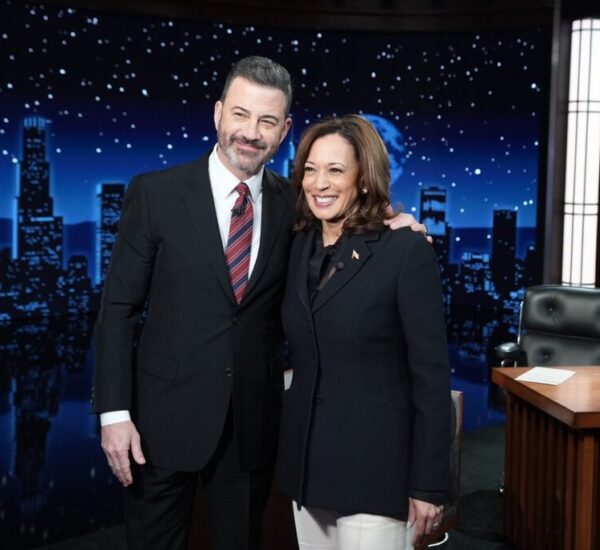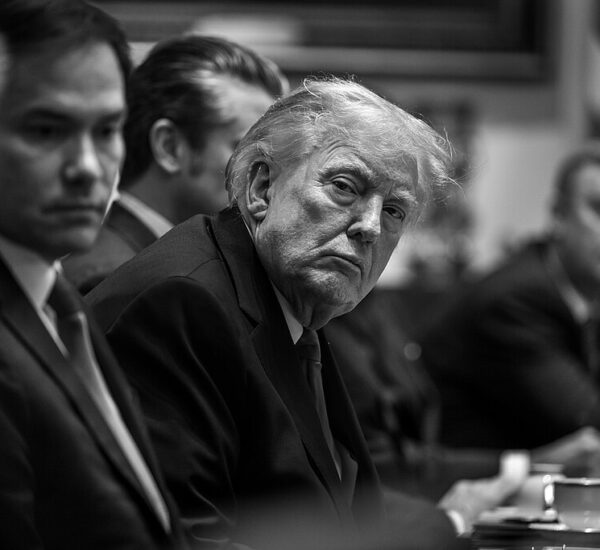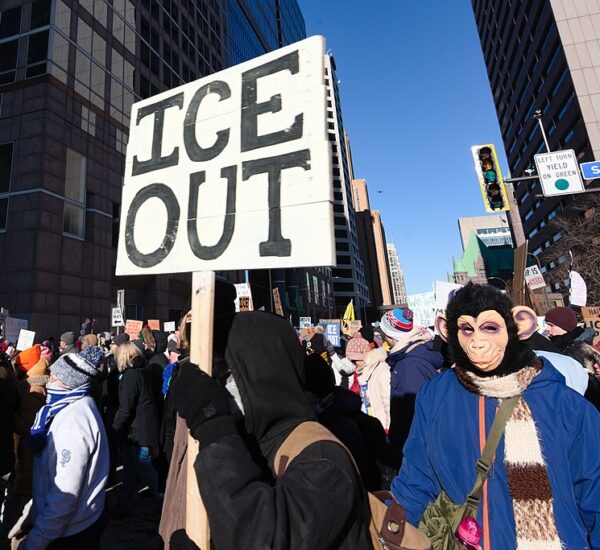Republican Calls For Helicopter Ban?
Senator Roger Marshall, R-Kansas, is praising the Trump administration for taking swift action to prevent helicopters from flying near Reagan National Airport following a tragic mid-air collision that claimed lives on Wednesday. The senator, who frequently travels from Wichita to Washington, D.C., on American Airlines flight 512, expressed his deep concern about the safety risks posed by helicopter traffic in the vicinity of one of the nation’s busiest airports.
On Newsmax, Marshall shared his personal connection to the tragedy, noting, “Every time I get on that flight, I probably recognize half the people and certainly know of all of them. This is a gut punch.” For him, the loss hits especially hard given how often he travels through that airspace, emphasizing the need for better regulation to ensure safety for both passengers and aircrews.
Marshall has long voiced concerns over the presence of military helicopters in the airspace around Reagan National, calling it a potential danger. “This is the busiest runway in America, and there are military helicopters operating nearby. There’s no reason they can’t conduct their operations elsewhere,” Marshall stated. He pointed out that there is ample space over the Atlantic Ocean or even toward Virginia for these military flights, suggesting that keeping them out of the busy D.C. airspace would be a safer alternative.
Marshall also praised the swift response from the Trump administration, particularly from Transportation Secretary Sean Duffy and Defense Secretary Pete Hegseth. He commended President Trump’s leadership, stating that unlike past administrations, Trump’s team was transparent and quick to take responsibility. “I appreciate President Trump’s administration for addressing this head-on. They’re taking accountability and working to make sure this doesn’t happen again,” Marshall said.
This decisive action highlights the Trump administration’s commitment to putting safety first and ensuring the safety of everyday Americans traveling through some of the nation’s most critical airspaces.

